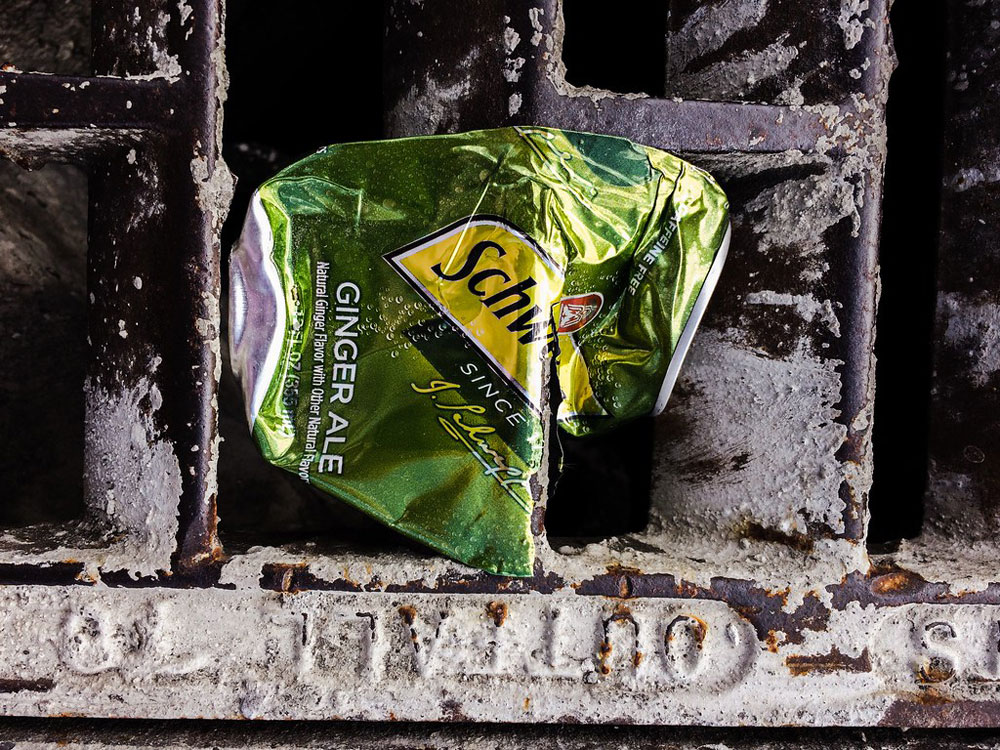
February 18, 2020; Seattle Times
A study funded by Bloomberg Philanthropies and Arnold Ventures has found the institution of a controversial 2018 Seattle tax on sugar-sweetened sodas has seen some marked success. As readers may recall, both Bloomberg and Arnold have a longstanding interest in public health, sugar, and diet-related issues.
Sales of the beverages declined by 30.5 percent, and the tax brought in around $22 million in its first year that went to health-related programs like Fresh Bucks, which helps lower-income residents buy fresh fruits and vegetables. The tax is charged to distributors, but more than half of that is eventually passed along to consumers.
According to the American Journal of Public Health, the first soda tax in the nation was introduced in Berkeley, California in 2014. In that case, consumption declined by 21 percent, and by three years later, 52 percent fewer sugar-infused beverages were consumed. And although industry groups have fought hard to resist and reverse such taxes, last year, in a new joint policy statement, the American Academy of Pediatrics (AAP) and the American Heart Association (AHA) endorsed such taxes as well as a number of other related policies.
Sign up for our free newsletters
Subscribe to NPQ's newsletters to have our top stories delivered directly to your inbox.
By signing up, you agree to our privacy policy and terms of use, and to receive messages from NPQ and our partners.
“From a public health perspective, this is good,” said Jim Krieger, the University of Washington professor who heads the nonprofit Healthy Food America, about Seattle’s tax results. “People are purchasing less sugary drinks, and we know that sugary drinks are associated with heart disease, diabetes, high blood pressure and strokes.”
Even with reduced consumption, the $22 million raised through the tax was $7 million more than projected, though future revenue is expected to grow more slowly. Meanwhile, after a campaign backed by the industry, voters in the state as a whole have banned soda taxes, promising as the results look, for cities outside of Seattle.
Researchers also checked if sales went up at the city’s border; turns out they actually declined somewhat. When policies like these work, they should be a slam dunk in terms of widespread use. But that’s not the case when industry groups mobilize against such measures with plenty of cash in hand, both before they win and after.—Ruth McCambridge













